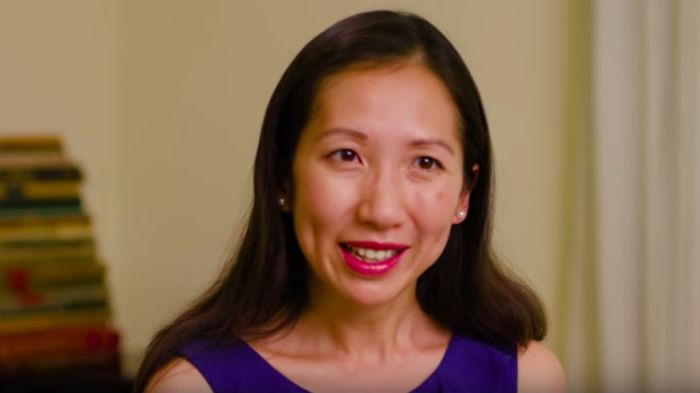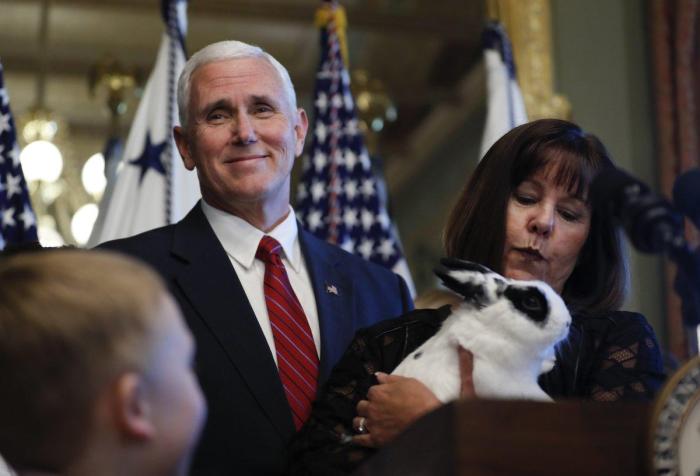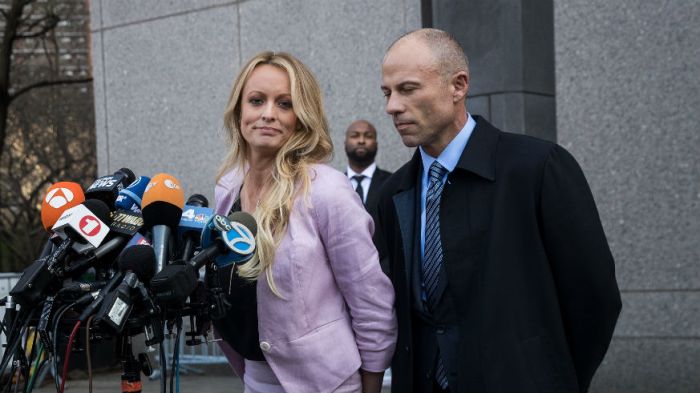It’s not just any bake sale whose roster includes vegan queen Erin McKenna, Le Bernardin’s Thomas Raquel and Justine MacNeil (most recently of Del Posto). Yet they’re just a handful of the incredible pastry talent you’ll find packed into Café Altro Paradiso (234 Spring St.) this Sunday, April 8, for the second annual Planned Parenthood Bake Sale.
“I’ve been looking forward to this all year,” says Natasha Pickowicz, pastry chef at Paradiso and Flora Bar and organizer of the sale. “I feel like I’m planning my dream music festival, my own Coachella but with pastry chefs who I think are super badass.”
With over two dozen restaurants and bakeries participating, the restaurant’s dining room and terrace will be entirely devoted to sweet and savory treats, all priced at $5. There will be breads by Danny Meyer’s all-day cafe Daily Provisions, themed ice creams from Morgenstern’s, warm churros with hot chocolate from La Newyorkina, Pickowicz’s own vanilla bean cream-filled bombolonis as well as a pizzette topped with fresh greens, and all the cookies, cakes and palletas you can imagine. “I really wanted people to do whatever they thought was exciting,” she says.
If last year is anything to go by, you’ll want to line up well before the event’s start time of 11 a.m. At the door, you’ll buy $5 pink tickets to exchange for goodies and get a cake box to put them all in. Participants have quadrupled their production from 50 portions to 200 to make sure there are enough treats for everyone, and new this year are java from Counter Culture Coffee, pours by Enlightenment Wines and boozy punch from Brooklyn’s Yola Mezcal.
For all its joyful air, the bake sale came from the same place of despair and needing to do something that spawned the Women’s March and other activist movements in the winter of 2016, after the presidential election. “We were all asking ourselves a lot of hard questions, including what we can do,” Pickowicz recalls.
While a lot of her friends in the restaurant business were throwing incredible (but expensive) benefit dinners, she was looking for something more accessible. “I really wanted it to feel like something that was happening on the ground that everybody could be a part of: kids, families, my friends who don’t make a lot of money who want to support.
“For me, I’m in pastry, I sell cookies and desserts, that’s my passion and skill set.”
The response was overwhelming, made more remarkable because the chefs are donating all of their time and materials so every penny of each pastry and drink sold could go to Planned Parenthood of New York City. In the Trump era, the organization has been a particularly high-profile target of criticism from those who don’t understand its mission. Pickowicz chose the local chapter to support its services, but also to get chefs thinking beyond their kitchens.
“Within the service industry, activism is really important because,” she starts, then stops. Takes a deep breath.
“I’m calling you from a basement,” she continues. Pickowicz is working at Flora Bar during our chat, her voice occasionally interrupted by static on the line. “I’m producing desserts for people in a dining room that I don’t know and I won’t see — it can get a little myopic.”
The Upper East Side, where Flora Bar is located, is not exactly what comes to mind when you think of a New York City neighborhood in need of help. Yet just a five-minute walk from the restaurant is Lenox Hill Neighborhood House, a 124-year-old agency providing social services. “To be able to know that it’s not all about you, it’s about these other things that are more important, it brings this joy to my work that I’m not necessarily getting on a day-to-day basis.”
When pastry chefs step out of the kitchen, an important exchange happens: Customers get to meet some of the rarely lauded figures of the culinary world, who also happen to be largely female in an otherwise male-dominated field. Meanwhile, chefs get to meet the people who value their work and be inspired to take a closer look at how they can be more a part of their own neighborhoods.
“It sounds like such a cliche, but the educational, conversation part about it is just as important as what the money is going to do,” she says. “I’m always encouraging people I work with to prioritize these kinds of experiences because it makes our work better, and it’s making our community more relatable and meaningful for us.”


















